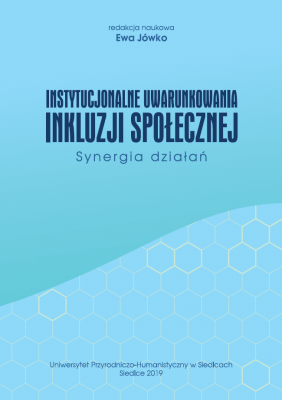ESP – the natural step forward to improve the vocabulary skills of Deaf and hard of hearing postgraduate students
Synopsis
The author of this article faces the challenge of teaching Deaf and hard of hearing students English for specific purposes (ESP). The action research aims to discover the strategies used for vocabulary development for the hearing impaired. The class atmosphere, meaningful context, repetitions lead from unknown through acquainted to established vocabulary. Direct as well as indirect vocabulary instructions are implemented in order to study and revise high frequency words that appear in students’ textbooks and more complex concepts that are unknown to them and not connected with their everyday life experiences. Lessons become creatively organised practice sessions to use vocabulary in a variety of activities. The expanded Frayer Model, multiple mean-ings defining, recognition of figures of speech (idiomatic expressions), word and mind maps, songs, films, video clips with subtitles, songs in sign language, underlying important words in the text, word games and puzzles, are only a few of them. Depth and breadth of vocabulary knowledge increases students’ ability to communicate, to understand what they read, to succeed academically as well as in their future career.
Downloads
Published
License

This work is licensed under a Creative Commons Attribution-NonCommercial 4.0 International License.





